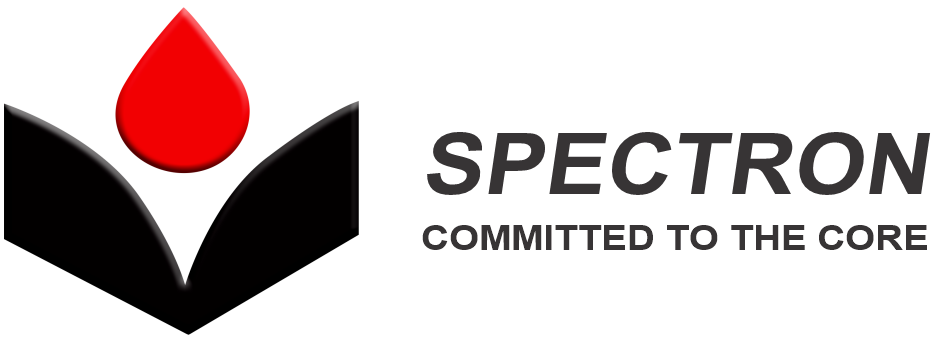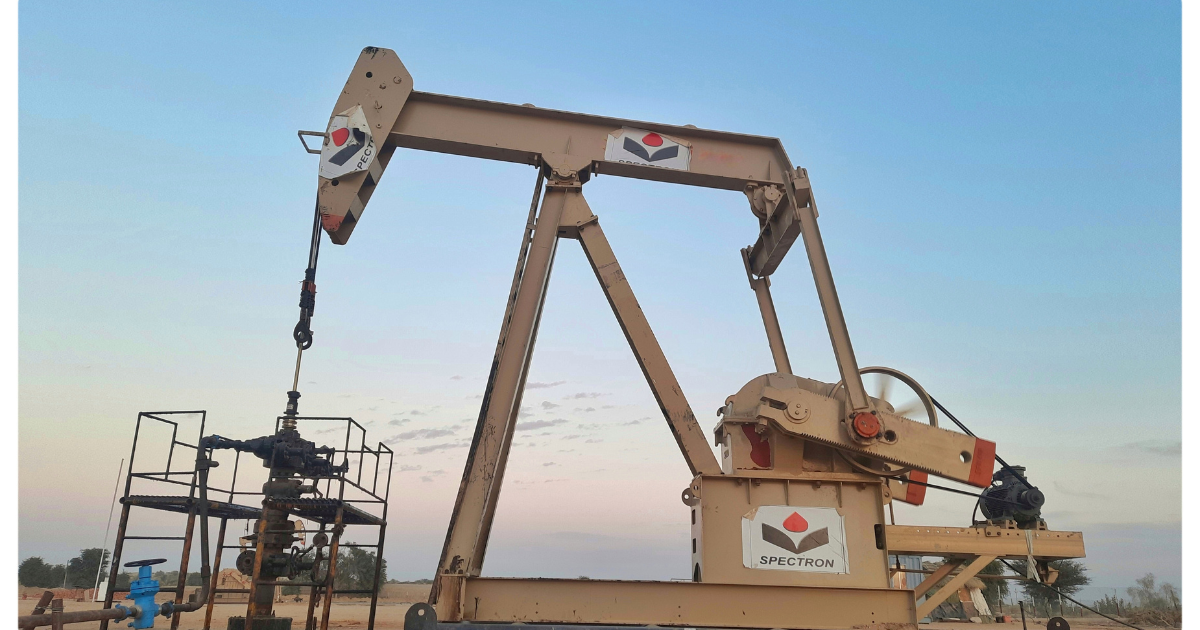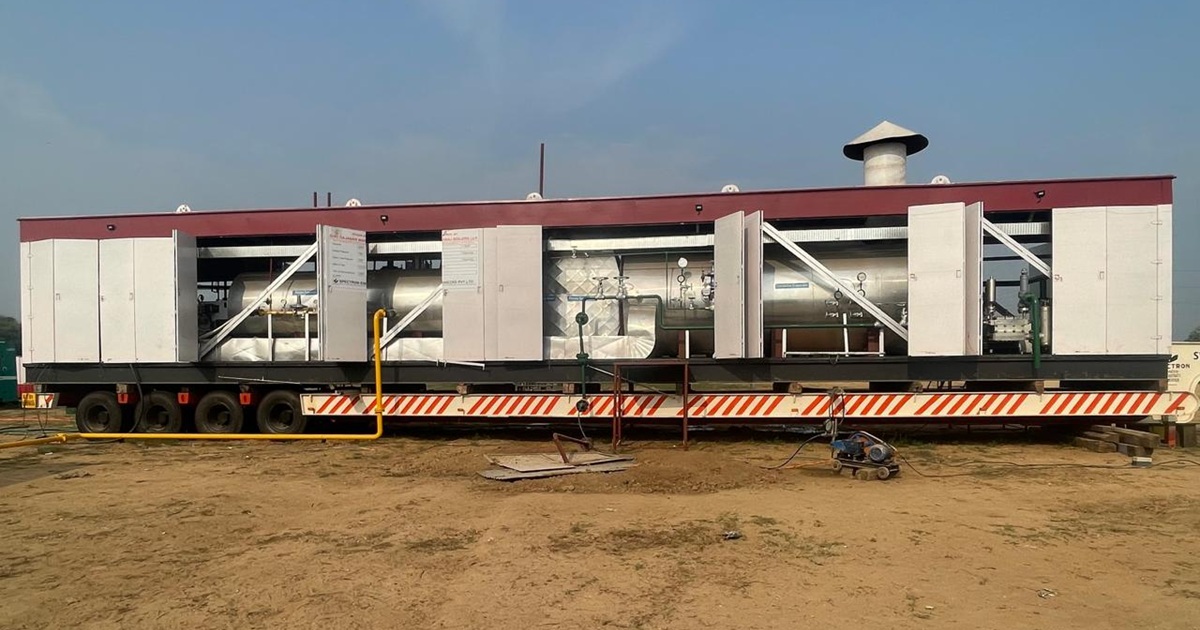Introduction
Heavy oil reservoirs pose significant challenges due to their high viscosity and poor flow characteristics. In such environments, Cyclic Steam Stimulation (CSS) commonly known as the “huff and puff” method remains a highly effective Enhanced Oil Recovery (EOR) technique.
But CSS success is not just a matter of subsurface conditions or operating cycles; it hinges on the quality and reliability of your CSS Service Provider. From equipment design to field support, the right partner can dramatically impact production efficiency, environmental compliance, and operational uptime.
What Is CSS and Why Is It Used?
CSS is a three-phase process that involves:
-
Steam Injection – High-pressure steam is injected into a well to heat the reservoir.
-
Soaking Period – The well is shut-in, allowing heat to reduce oil viscosity.
-
Production Phase – Heated oil flows more easily to the surface and is extracted.
These cycles are repeated multiple times, often improving oil mobility and recovery rates in heavy crude fields. CSS is commonly deployed in regions with challenging geology, such as India, Venezuela, and parts of the Middle East.
Why a Dependable CSS Supplier Is Non-Negotiable
A skilled CSS Service Provider does more than just provide steam generators. They bring deep experience, engineered systems, and the ability to adapt solutions for site-specific requirements. Here’s how the right supplier can drive project success:
1. Equipment Built for Harsh Environments
Field conditions in oil-producing regions can be extreme with high ambient temperatures, corrosive gases, sandstorms, or lack of stable grid power. A good CSS Service Provider must offer:
-
Rugged, weather-resistant equipment
-
Explosion-proof control panels
-
Modular skids that require minimal site work
-
Plug-and-play systems with pre-integrated components
These features ensure reliable operation in remote and demanding field locations.
2. Precision Steam Generation
The efficiency of CSS relies heavily on steam quality. Poorly designed systems can lead to high steam-to-oil ratios, wasting fuel and water.
A reliable CSS Service Provider provides:
-
High-efficiency boilers with tight temperature control
-
Fuel flexibility (diesel, natural gas, biomass)
-
Integrated water treatment systems
-
Dryness fraction monitoring for optimal performance
These parameters influence oil recovery, environmental impact, and fuel costs.
3. Automation and Remote Monitoring
Modern oilfields demand data-driven operations. The CSS systems provided must be compatible with:
-
SCADA and DCS systems
-
Remote alarm triggering and diagnostics
-
Real-time logging of pressure, temperature, and cycle times
-
HMI-based operator interfaces with multi-language support
This level of automation improves safety, minimizes manual intervention, and helps operators monitor system efficiency from a central control room.
4. Mobility and Modular Deployment
Field development strategies often shift quickly based on production rates, logistics, or economic conditions. That’s why CSS equipment must be:
-
Mobile (e.g., trailer-mounted or skid-mounted units)
-
Easy to transport and re-deploy
-
Quick to install and commission
-
Scalable allowing for future expansion with minimal rework
Suppliers with modular product lines allow operators to scale or relocate systems quickly, reducing field downtime.
5. Environmental Compliance and Efficiency
With increasing global pressure to meet ESG targets, your CSS system should support sustainable operations. Key areas to focus on include:
-
Low-emission burner options (e.g., low-NOx systems)
-
Condensate recovery and reuse
-
Blowdown water recycling
-
Compatibility with hybrid setups (solar pre-heating or electric boilers)
Suppliers must ensure that systems meet both local and international environmental standards.
6. After-Sales Support and Training
A CSS system is only as good as the team running it. A dependable supplier should offer:
-
On-site commissioning and training programs
-
Operational manuals and troubleshooting guides
-
Preventive Maintenance Contracts (PMC)
-
Remote or in-person technical support
-
Local availability of spare parts and consumables
This helps ensure smooth, continuous operation even in remote or resource-scarce regions.
Key Evaluation Factors for Procurement Heads
When shortlisting a CSS Service Provider, consider the following:
|
Criteria |
Why It Matters |
|
Steam generation efficiency |
Direct impact on fuel consumption and recovery rates |
|
Equipment durability |
Uptime in harsh field conditions |
|
Remote monitoring & automation |
Reduces manpower and improves response time |
|
Mobility and modularity |
Speeds up deployment and lowers rework cost |
|
Emissions and water usage |
Important for ESG and environmental compliance |
|
Post-sale support & training |
Keeps field teams safe and systems operational |
What Spectron Group Offers
As a trusted CSS Service Provider, Spectron Group provides customized steam stimulation systems designed for harsh oilfield environments. Their solutions feature:
-
Modular, containerized designs
-
Advanced PLC-based control systems
-
High-efficiency steam generators with low-emission burners
-
Field training and AMC services across India, the Gulf, and North Africa
Their equipment is designed with operator ease, mobility, and long-term efficiency in mind, helping clients maximize ROI while staying environmentally responsible.
Final Thoughts
Cyclic Steam Stimulation can be a game-changer for oilfields dealing with heavy crude. But the true efficiency of CSS lies not just in the concept, it's in the quality of execution. And that execution depends heavily on the CSS Service Provider you choose.
From engineering and fuel efficiency to regulatory compliance and operator support the right partner can make the difference between a marginal recovery project and a profitable long-term asset.



